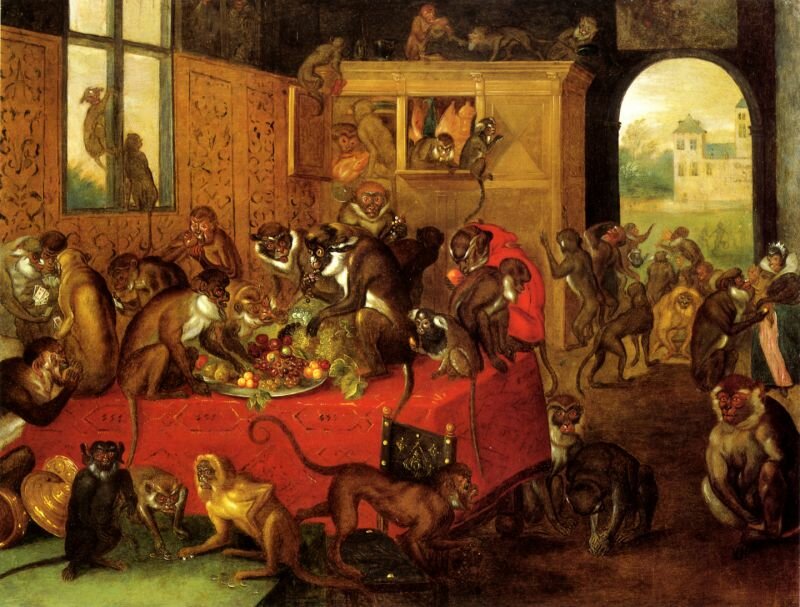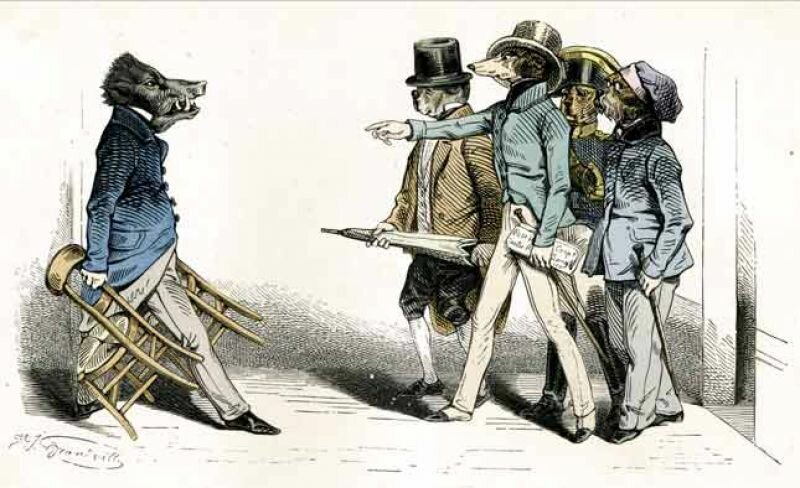
Ferdinand van Kessel
I was standing in a corridor when a tall, young man walked briskly passed me. Moments later he was chased by a small brunette whose every step seemed to fall into the spaces left behind him. He marched on in anger and as she furiously followed, she hissed, ‘This will be the last time, it’s over, I swear to god I will just disappear.’
Watching them rush down the corridor, I thought about how many times I had seen this exact process of emotions in others, and of course experienced it myself. We all know this story, it is constantly repeated, or at least we are all familiar with this interpretation of the story: one threatening to cut the other off whilst running after them in bewildered warning, angrily and frantically begging them to stay whilst they move away. The strange and stylised emotional language we use in situations that we cannot or do not want to express, the reformations of our true purpose in order to avoid vulnerability, and yet through all our fictions and theatricalities, our intentions, although unpronounced, are understood.
If already just in this superficial layer, in all these given understandings of this situation we can see the magnitude and effect of our interpretation on the “reality” of things, at what point do we stop interpreting, what is the actual, the non-fictional?
So many aspects of my self were suddenly laid bare before me as stories I had told myself, interpretations of people’s actions in designed sequences. The way I saw, the way I was seen and in whatever light anything is shown, are all characteristics that are open to interpretation. If we dissect this situation to all its separate parts, we see that everything occurring only exists as one thing after another, events and actions in meaningless succession; it is we who give it meaning and chronology.
I stood in a corridor. Through this same corridor, a tall, young man walked, he moved quickly and dropped his feet heavily as he did so. A small brunette also walked through this corridor. As the small brunette walked, she spoke, her words were fast and rhythmic.
“Narrative is present at all times, in all places, in all societies; indeed narrative starts with the very history of mankind; there is not, there has never been anywhere, any people without narrative … Narrative is international, trans-historical, trans-cultural; it is there, like life.”- Roland Barthes”[1]

Scènes de la vie privée et publique des animaux
Used in the design of tarot cards
J. Grandville
R. Barthes, ‘On Narrative and Narratives’, in: R. Barthes and L. Duisit, New Literary History, Vol. 6, No. 2, Baltimore, US: The Johns Hopkins University Press, 1975, pp. 237 -272
